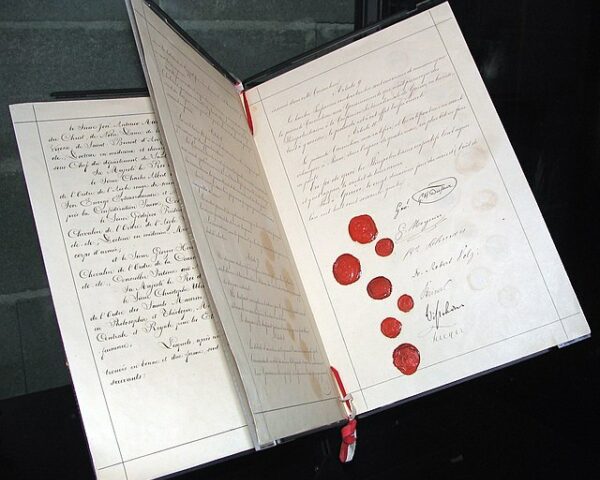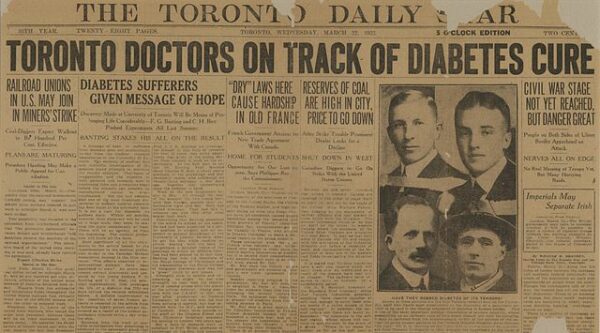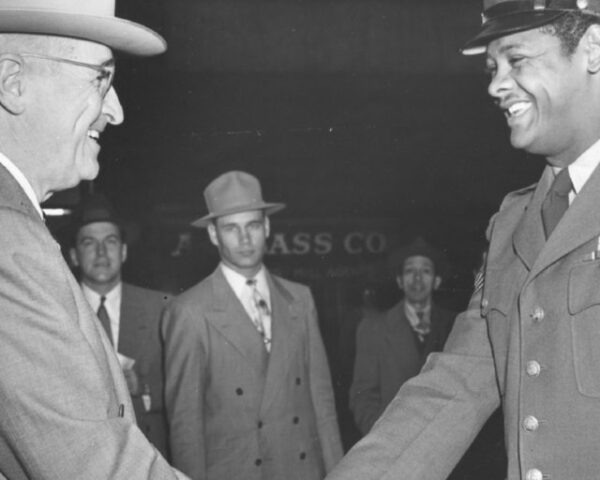On August 8, 1945 the United States, England, France and the Soviet Union joined together and signed the London Agreement, a new treaty to impose justice against the Nazis for their crimes. For two months during the summer of 1945, Robert H. Jackson and his team worked to build a consensus among the Allies. Jackson’s energy and leadership directed the London Conference and laid the groundwork for the most significant trials in the history of the world.
After World War I, the Treaty of Versailles called for the German Kaiser to be put trial “for a supreme offense against international morality and the sanctity of treaties,” but the court trial never happened. Following the horrors of Nazi Germany being revealed, world leaders refused to let such leniency happen again, and The London Charter became the first successful attempt to carry through with international trials of prominent figures accused of responsibility for an aggressive war and for particular atrocities perpetrated during that war.
The Charter defined the three crimes.
“(a) CRIMES AGAINST PEACE: namely, planning, preparation, initiation or waging of a war of aggression, or a war in violation of international treaties, agreements or assurances, or participation in a common plan or conspiracy for the accomplishment of any of the foregoing;
(b) WAR CRIMES: namely, violations of the laws or customs of war. Such violations shall include, but not be limited to, murder, ill-treatment or deportation to slave labor or for any other purpose of civilian population of or in occupied territory, murder or ill-treatment of prisoners of war or persons on the seas, killing of hostages, plunder of public or private property, wanton destruction of cities, towns or villages, or devastation not justified by military necessity;
(c) CRIMES AGAINST HUMANITY: namely, murder, extermination, enslavement, deportation, and other inhumane acts committed against any civilian population, before or during the war; or persecutions on political, racial or religious grounds in execution of or in connection with any crime within the jurisdiction of the Tribunal, whether or not in violation of the domestic law of the country where perpetrated.
Leaders, organizers, instigators and accomplices participating in the formulation or execution of a common plan or conspiracy to commit any of the foregoing crimes are responsible for all acts performed by any persons in execution of such plan.”
Prosecutors from The International Military Tribunal, explains The United State Department of State, indicted twenty-two senior German political and military leaders, including Hermann Goering, Rudolph Hess, Joachim von Ribbentrop, Alfred Rosenberg, and Albert Speer. Nazi leader Adolf Hitler was not indicted because he had committed suicide in April 1945, in the final days before Germany’s surrender. Seven Nazi organizations also were indicted. The prosecutors sought to have the tribunal declare that these organizations were “criminal organizations” in order to facilitate the later prosecution of their members by other tribunals or courts.
The Nuremberg Trial lasted from November 1945 to October 1946. The tribunal found nineteen individual defendants guilty and sentenced them to punishments that ranged from death by hanging to fifteen years’ imprisonment. Three defendants were found not guilty, one committed suicide prior to trial, and one did not stand trial due to physical or mental illness. The Nuremberg Tribunal also concluded that three of the seven indicted Nazi organizations were “criminal organizations” under the terms of the Charter: the Leadership Corps of the Nazi party; the elite “SS” unit, which carried out the forced transfer, enslavement, and extermination of millions of persons in concentration camps; and the Nazi security police and the Nazi secret police, commonly known as the ‘SD’ and ‘Gestapo,’ respectively, which had instituted slave labor programs and deported Jews, political opponents, and other civilians to concentration camps.
The Nuremberg and Tokyo tribunals contributed significantly to the development of international criminal law, then in its infancy. For several decades, these tribunals stood as the only examples of international war crimes tribunals, but they ultimately served as models for a new series of international criminal tribunals that were established beginning in the 1990s. In addition, the Nuremberg Charter’s reference to “crimes against peace,” “war crimes,” and “crimes against humanity” represented the first time these terms were used and defined in an adopted international instrument. These terms and definitions were adopted nearly verbatim in the Charter of the IMTFE, but have been replicated and expanded in a succession of international legal instruments since that time.”
Today, the London Agreement still serves as important precedence and without it the International Court would not exist.






